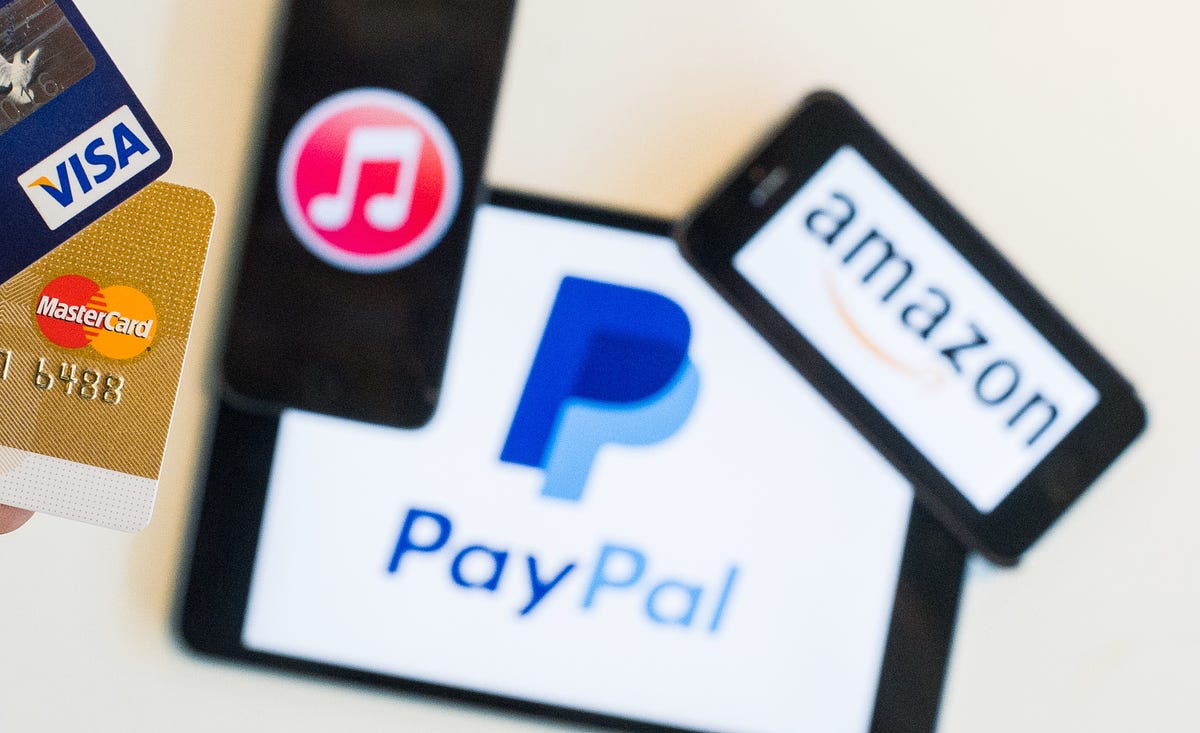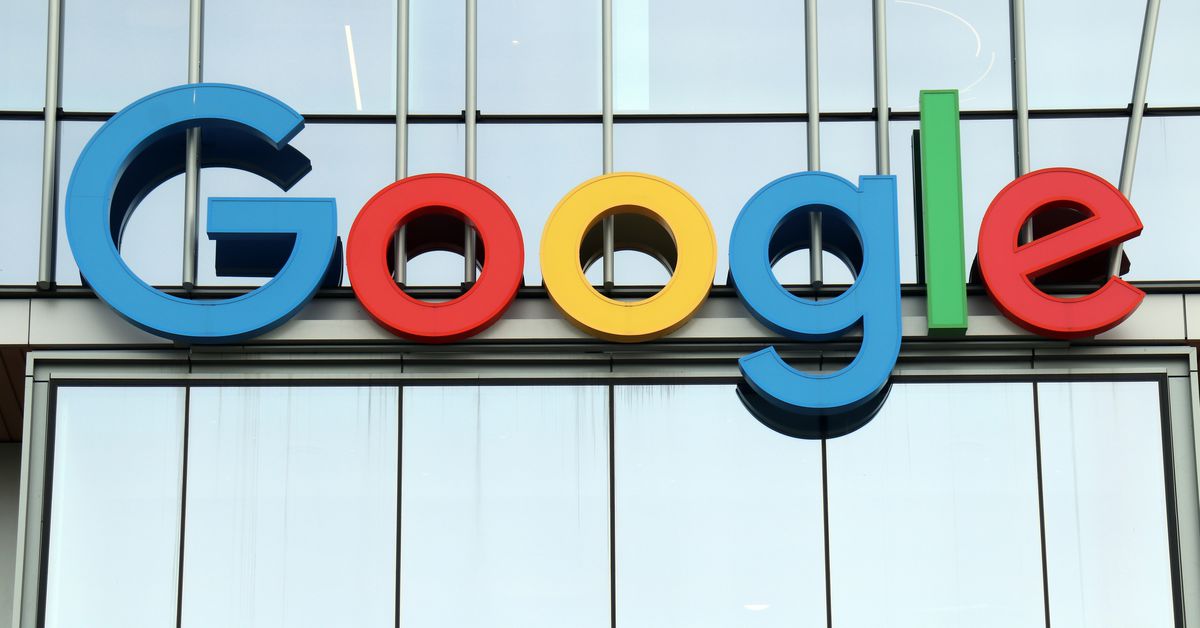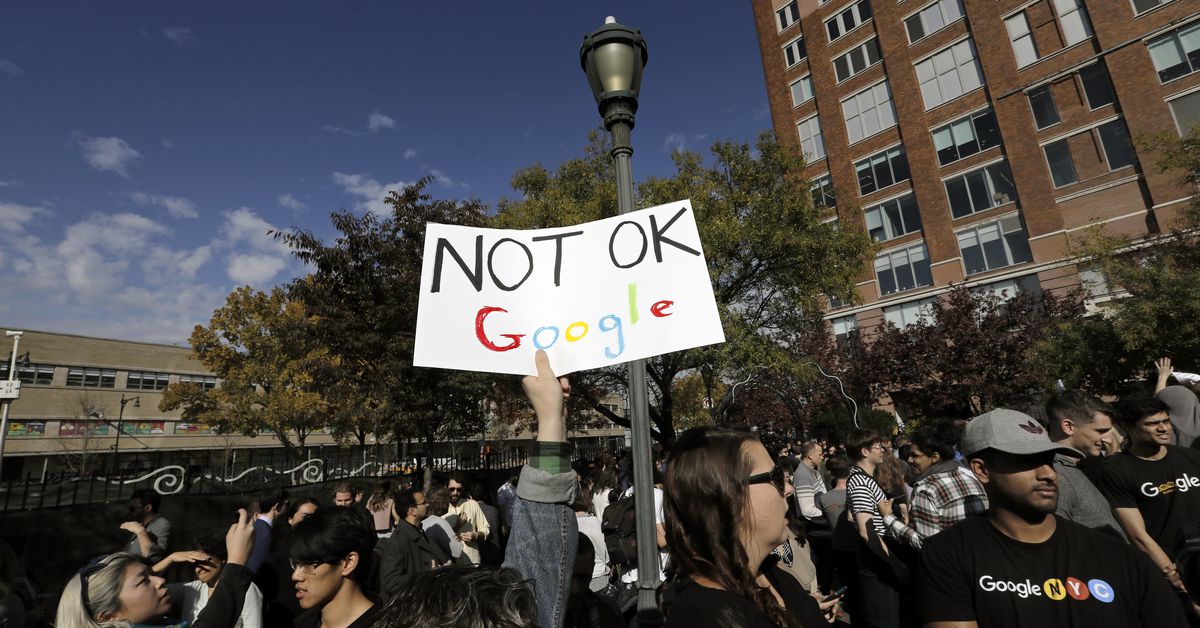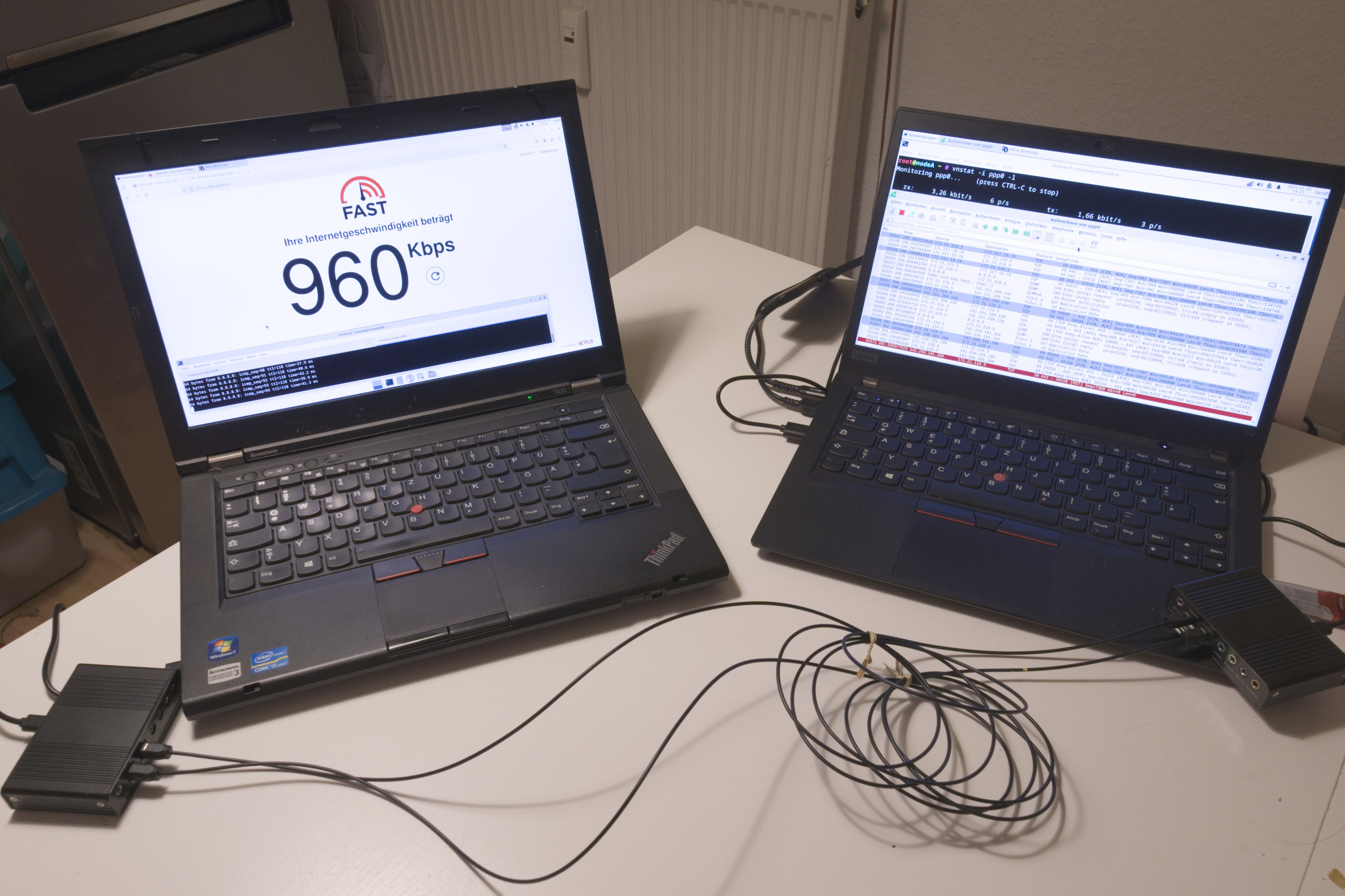
Free Speech for TikTok?
On January 10 the Supreme Court will hear argument in an unprecedented First Amendment case that will determine the future of TikTok, a social media platform used by about 170 million Americans, or more than half the country’s population. In 2023 alone Americans uploaded 5.5 billion videos to the platform, which were viewed thirteen trillion times. The content ranges from dance videos to cooking and makeup tutorials, but TikTok is also a central locus for political speech. Nearly 40 percent of American adults under thirty regularly get news from the site, which offers information, political and otherwise, from across the globe. During the presidential campaign, Biden and Trump campaign TikToks were viewed over 6 billion times.1
Unless the Supreme Court intervenes, however, TikTok will effectively be off-limits to Americans in less than two weeks. Last April, President Joe Biden signed the Protecting Americans from Foreign Adversary Controlled Applications Act, which provides that unless TikTok’s owner—a private company called ByteDance headquartered in China—sells it to a new owner approved by the US government before January 19, 2025, it will become illegal for any mobile application or Internet service provider, such as Google, to host the platform. Everyone agrees that ByteDance won’t sell: its algorithm is central to TikTok’s success, and without it TikTok would be far less attractive to both users and any potential buyer. Absent the Supreme Court’s intervention, then, the US will soon become the latest nation to ban the platform, joining Afghanistan, India, Iran, Jordan, Kyrgyzstan, Nepal, North Korea, Senegal, Somalia, Uzbekistan, and, ironically, China itself—not a group of countries known for their fealty to free speech.
In May 2024 TikTok, ByteDance, and a number of its users challenged the law as a violation of the First Amendment. After the US Court of Appeals for the D.C. Circuit unanimously ruled against them, they asked the Supreme Court to intercede on an emergency basis. Shortly before Christmas the Court agreed to hear the matter and ordered expedited briefing over the holidays, to preserve the option of halting the law from taking effect—and TikTok from being taken down—before the statute’s deadline.










/cdn.vox-cdn.com/uploads/chorus_asset/file/24418649/STK114_Google_Chrome_02.jpg)







